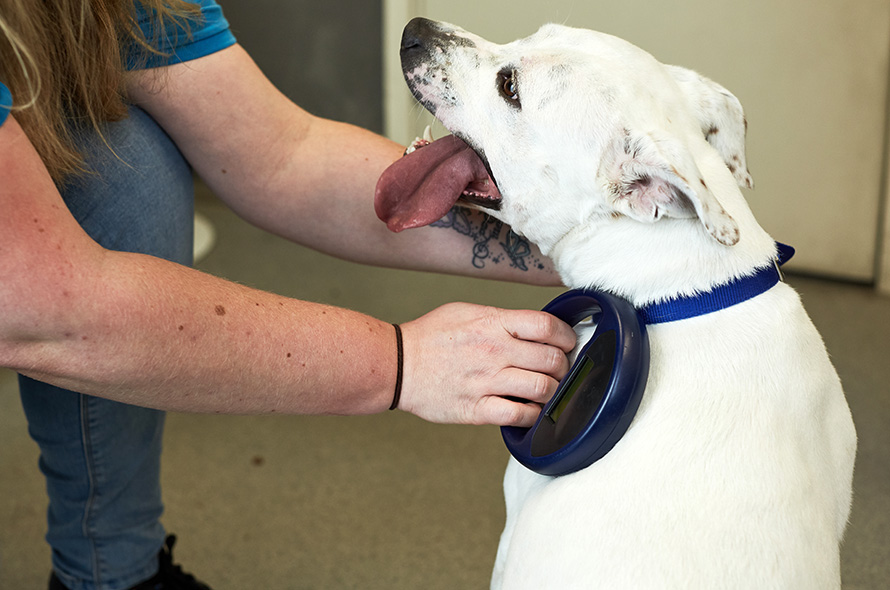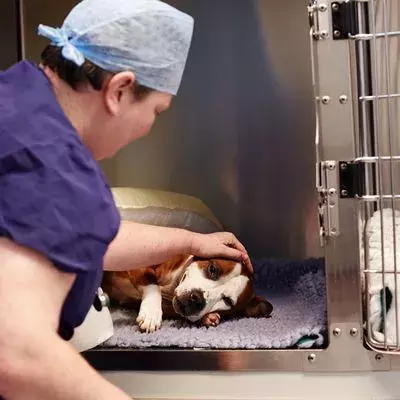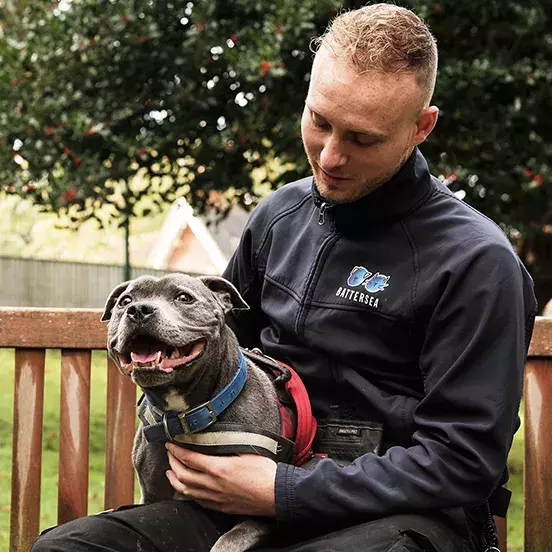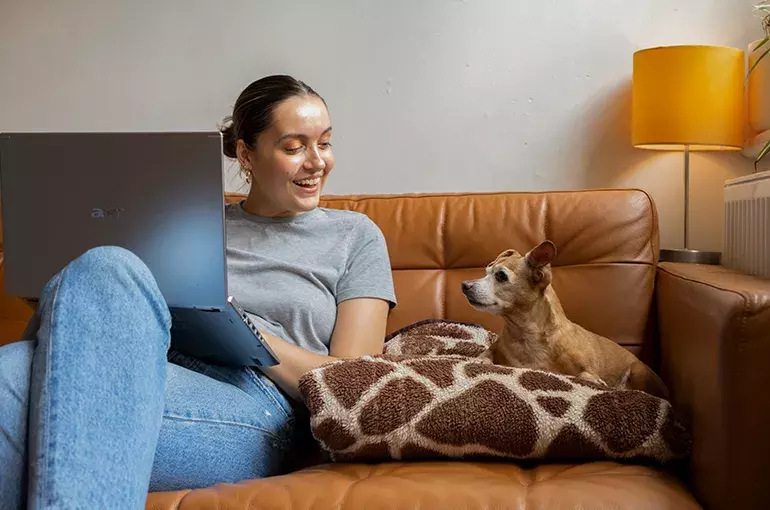In the UK, many activities involving animals are licensed, which means the businesses providing these services need to meet certain criteria in order to protect animal welfare. These licences are administered and enforced by Local Authorities. However, representatives from Local Authorities have often expressed concerns about enforcement, with huge variations between areas.

LICENSING UNDER THE MICROSCOPE
Ahead of a Government review of licensing scheduled for 2023, Battersea conducted research into the licensing of dog and cat related activities in the UK. A picture emerged of an inconsistent approach which caused weaknesses in enforcement, putting animal welfare at risk.
Despite the introduction of the Animal Activities Licensing Act in 2018 in which more activities became subject to licensing, the average number of trained inspectors per Local Authority changed very little from 2015 to 2020. This means that inspectors will have seen their animal activity related workload increase without a proportionate increase in resources.
BIG DIFFERENCES ACROSS THE COUNTRY
Licence fees vary widely, often for little apparent reason. The lowest fee for dog breeding is £23 in Glasgow. In Cheshire East, it can be up to £1,500 depending on the size of the operation. This means the highest possible fee is 65 times the lowest possible fee for the same activity.
Research participants were generally in favour of the Animal Activities Licensing Act in principle, even if they acknowledged issues with enforcing it in practice. However, they also reflected that there is little uniformity to how animal welfare and animal activities licensing are structured at a Local Authority level. Research participants were generally in favour of the Animal Activities Licensing Act in principle, even if they acknowledged issues with enforcing it in practice. However, they also reflected that there is little uniformity to how animal welfare and animal activities licensing are structured at a Local Authority level.
Animal Activities Licensing requires inspections to be carried out by a trained licensing professional, but the law does not specify what the training of this professional should consist of. Therefore, there are major discrepancies between the levels of expertise of enforcing officials from different Local Authorities.
WHAT BATTERSEA WOULD LIKE TO SEE HAPPEN
Local Authorities and other enforcers who found ways to collaborate reported greater success in enforcing licensing. This is an example of best practice and should be replicated across the UK.
The law states inspectors should be trained but offers little instruction on how they should be trained. Battersea recommends training guidelines should include an outline of the skills and knowledge needed for animal activities licensing officers, including a background in animal welfare enforcement or animal husbandry.
Although licensing is flawed in practice, in principle it still offers the best way to make sure strong standards for animal welfare are put in place by businesses that care for animals. However, there are still many types of organisations, activities and businesses that can have a huge impact on the welfare of animals which are not licensed. In particular, we’d like to see licensing extended to rescue and rehoming centres and animal sanctuaries, cat breeders, dog groomers, and dog walkers.
HOW YOU CAN HELP
Battersea anticipates that the Government will look into licensing next year. To keep up to date on what’s going on and to find opportunities where you can lend your voice to these reforms, sign up to our campaigning newsletter or follow our Public Affairs team on X.


